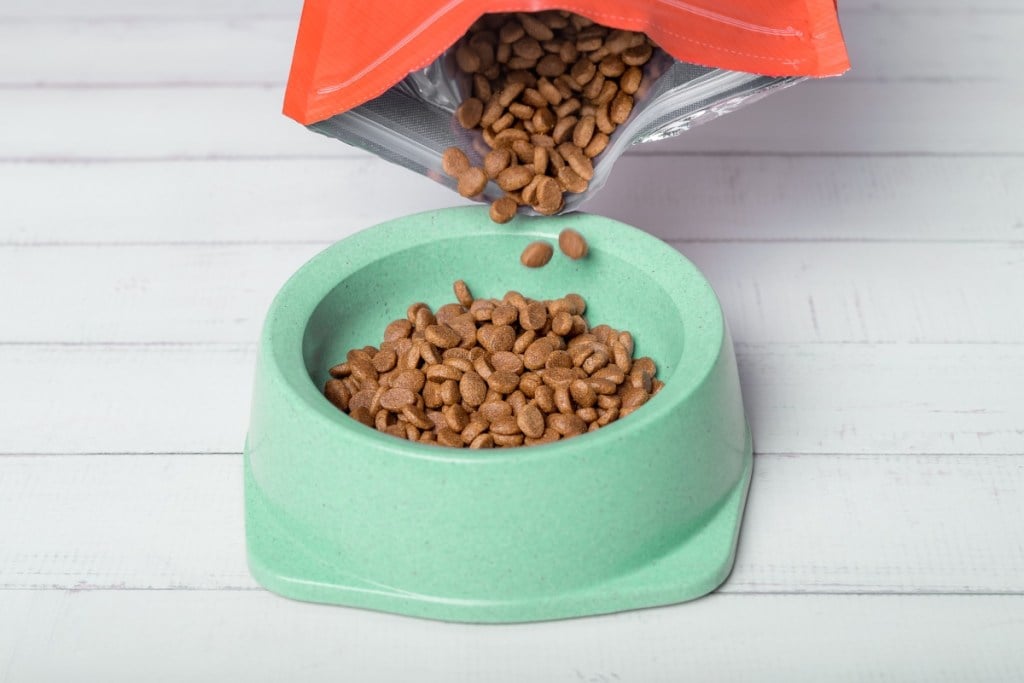Table of Contents
The quick answer: Yes, this exotic fruit is safe to feed to dogs.
Benefits of papaya
While enjoying a bite of juicy papaya, you may want to share the delicious fruit with your pup. Papayas are a good source of fiber and contain enzymes that are beneficial for digestion. The enzymes in papaya can help with problems like bloating, gas, and indigestion. For this reason, papaya is often included as an ingredient in dog foods made for senior dogs. The fruit also contains vitamins A, C, E, and K, as well as folate, potassium, and calcium. To feed papaya, remove the peel, scoop out the seeds, and cut up the fleshy fruit into bite-sized pieces.
Hazards of papaya for dogs
Skin and seeds: Be sure to remove the skin/peel and all seeds before serving papaya to your pet. The skin, though not toxic, is difficult to digest and could cause a blockage, especially in smaller dogs. The seeds on the inside of the fruit contain small amounts of cyanide and should not be consumed.
Sugar: This fruit is high in natural sugars, so pets should not eat large quantities of papaya. Consult your veterinarian before feeding papaya to a dog with diabetes. Additionally, dehydrated papaya is a more concentrated source of sugar and should not be fed to pets.
Fiber: Papaya contains natural fiber which, in small amounts, is healthy for digestion. However, too much at once can cause tummy upset and diarrhea.
Only feed papaya in moderation; though a few bites here and there is safe, added fruits should make up no more than 10% of your pet’s daily diet. If it’s your dog’s first time trying papaya, offer a small amount at first to see how his digestive system tolerates it.








